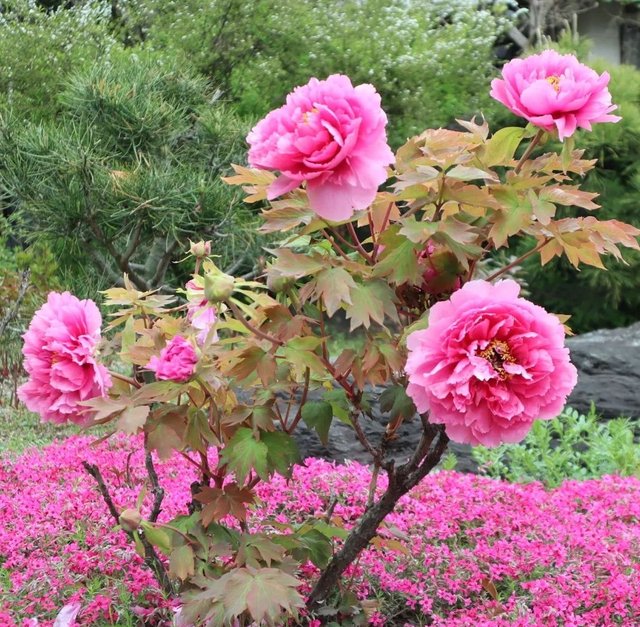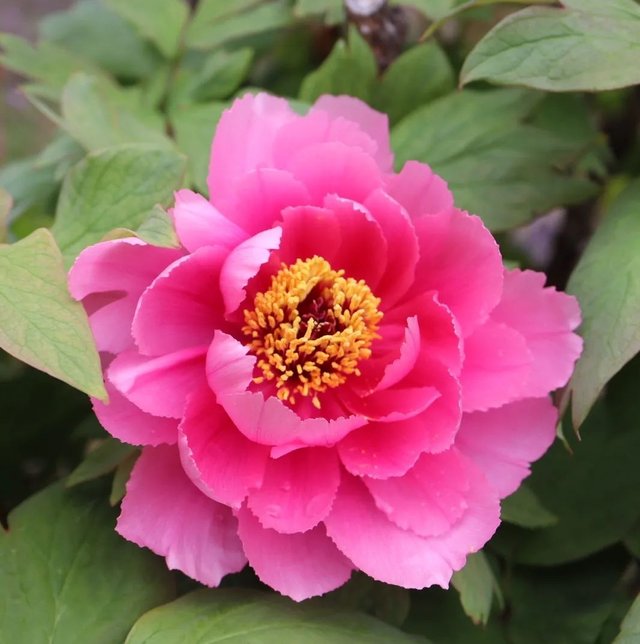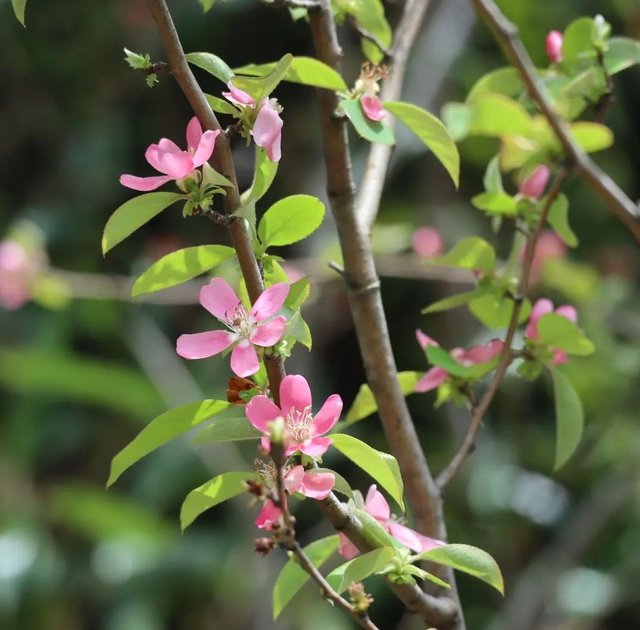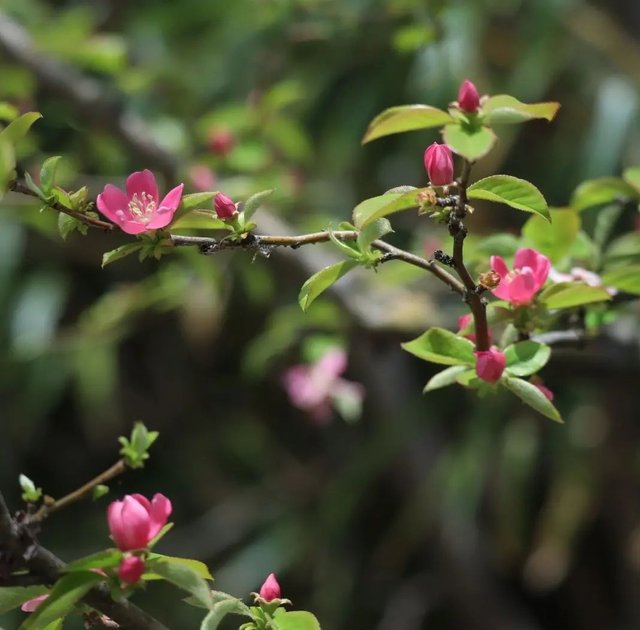Beauty of the Moutan Peony




In the vast tapestry of nature's offerings, few flowers possess the captivating allure and rich cultural heritage as the Moutan peony. With its lush petals unfurling like delicate silk, the Moutan peony stands as a symbol of grace, beauty, and resilience. Let us delve into the enchanting world of this timeless bloom, exploring its origins, significance, and enduring appeal.The Moutan peony,traces its origins to China, where it has been cultivated for over two millennia. Revered for its ornamental beauty and medicinal properties, the Moutan peony holds a revered status in Chinese culture, often referred to as the "King of Flowers" or the "Emperor's Flower." Its botanical name, "suffruticosa," denotes its woody stems, distinguishing it from herbaceous peonies.
Throughout history, the Moutan peony has been imbued with profound symbolism, representing prosperity, honor, and romance. In Chinese art, literature, and mythology, it frequently appears as a motif symbolizing wealth, nobility, and beauty. It is a common motif in traditional Chinese paintings, where its vibrant hues and intricate form evoke feelings of tranquility and abundance.In addition to its aesthetic symbolism, the Moutan peony holds significance in traditional Chinese medicine, where its roots, petals, and seeds are utilized for their purported therapeutic properties. Known as "Shao Yao" in Chinese medicine, it is believed to possess anti-inflammatory, analgesic, and immune-boosting properties, used to treat various ailments ranging from pain to menstrual disorders.
Cultivating Moutan peonies requires patience, skill, and meticulous care. These perennial shrubs thrive in temperate climates with well-drained soil and ample sunlight. While native to China, they have been cultivated in various regions worldwide, including Japan, Korea, and Europe.Moutan peonies exhibit a breathtaking array of cultivars, ranging from the classic pink and white varieties to rare shades of coral, lavender, and yellow. Each cultivar boasts unique characteristics, including flower size, petal count, fragrance, and bloom time, offering enthusiasts a diverse palette to explore.
